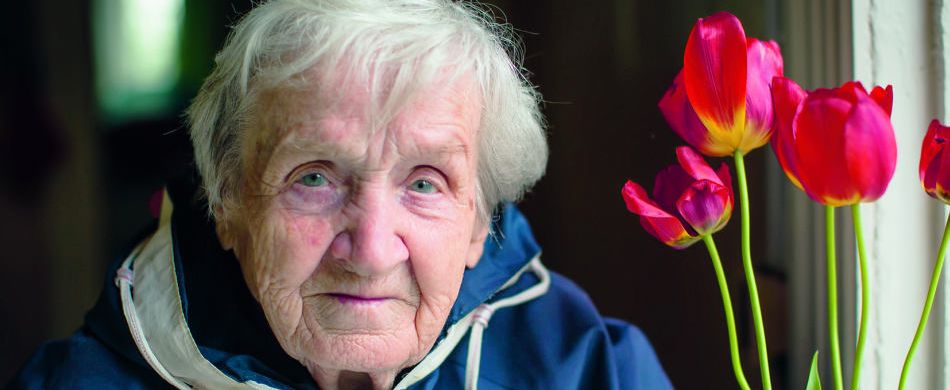Trust God
DEAR FRIAR RICK: Being so busy working to provide for my family I have had to place my beloved 94-year-old mom into a Care Home. My mother never complains, and I spend as much time as I can with her. This is surely her purgatory.
The Home, like most other Homes in the UK and around the world, is understaffed, and her care is totally inadequate. Believe it or not, this is one of the better Homes in the area! I can see the despair in the eyes of these poor elderly people. They learn to be cheerful, they don’t complain, but their lives are without joy. Yet with the right kind of help their days could be made much happier.
Should we not as Christians be doing more to help our elderly in these Homes? Why don’t our clergy invite people to invade Care Homes everywhere to see the conditions for themselves? If enough people called for changes or improvements then there would surely be much less suffering for them!
Pope Francis reminds us often that one of the most marginalized group of people in society are the frail elderly. They are so often seen as a burden rather than as a source of wisdom and inspiration. The result is that they are hidden away in homes where they are often out of sight and out of mind. In your letter you raise a couple of issues which are worthy of comment: the quality of care for the elderly, the place of suffering in our lives.
Yes, we should treat our elderly better. In an ideal world they should be cared for at home with assistance to the family by professional care givers and support workers. But this is expensive. Family members are often busy at work because the way our economy has ‘evolved’ it is almost always necessary to have two incomes to support a family. People have to commute long distances to work because they can’t afford to live where their jobs are, so time is crunched as well. So you see it is all sort of economic and social choices that we make which, like falling dominos, eventually impact the extended family. In the end many of us are put in a position where our elderly are cared for by strangers in a Home. Despite this, even in those Homes the care can be excellent if enough money is spent. When they are Public Homes it comes down to a matter of how much tax you are prepared to pay to have better care. I do know that when family members are present and active in nursing homes the care is usually better. It’s great that you can be there often. And yes, perhaps it is worth organizing your parishioners to visit the Homes. How great it would be for them to have youngsters visit them and brighten their day, read to them… learn from them! It’s a two way street; it’s not just about giving to the elderly, it’s also about taking the time to listen to their stories and share their wisdom.
This, however, raises the next issue, that of suffering. No matter how much care the elderly have, eventually they will begin to decline in health and function. They will possibly suffer. They will have aches and pains… and sometime complain about them! This can make us uncomfortable. Many of us don’t like to sit with people who are frail, sick or declining because it threatens our fantasy about our being invincible and forever young. We see our future in the eyes of the elderly, and it scares us. We are confronted with the ultimate questions; we are confront with death.
This is why the General Instruction for the Rites of Anointing and Viaticum mentions the local bishop and the parish priest as the first ministers of the Sacrament of the Sick. Other priests can offer the sacrament if necessary, but it really should be the parish priest. Why? Because the anointing is not just for healing. The anointing draws the sick person to the heart of the community. The Jesuit theologian James Empereur wrote in his book, Prophetic Anointing: God’s call to the sick, the elderly, and the dying that the elderly and the sick become prophets for us, calling us to rediscover the core of our faith: not to be deceived by this passing world, but rather to place our trust in God.



